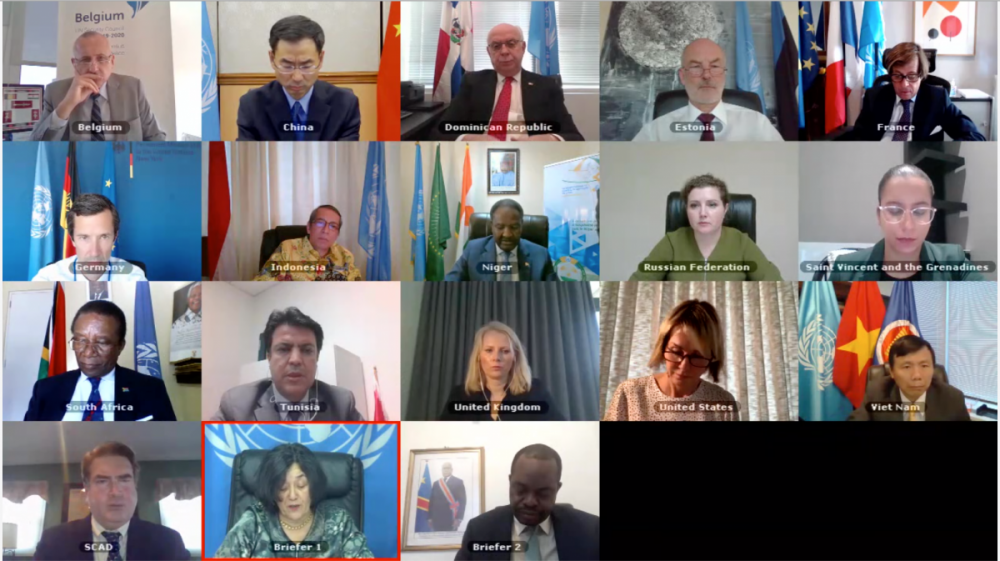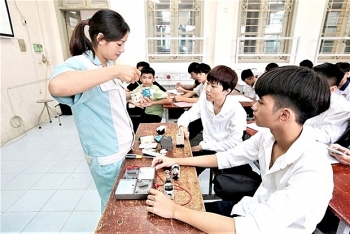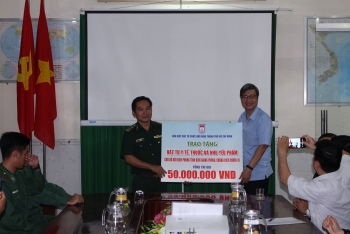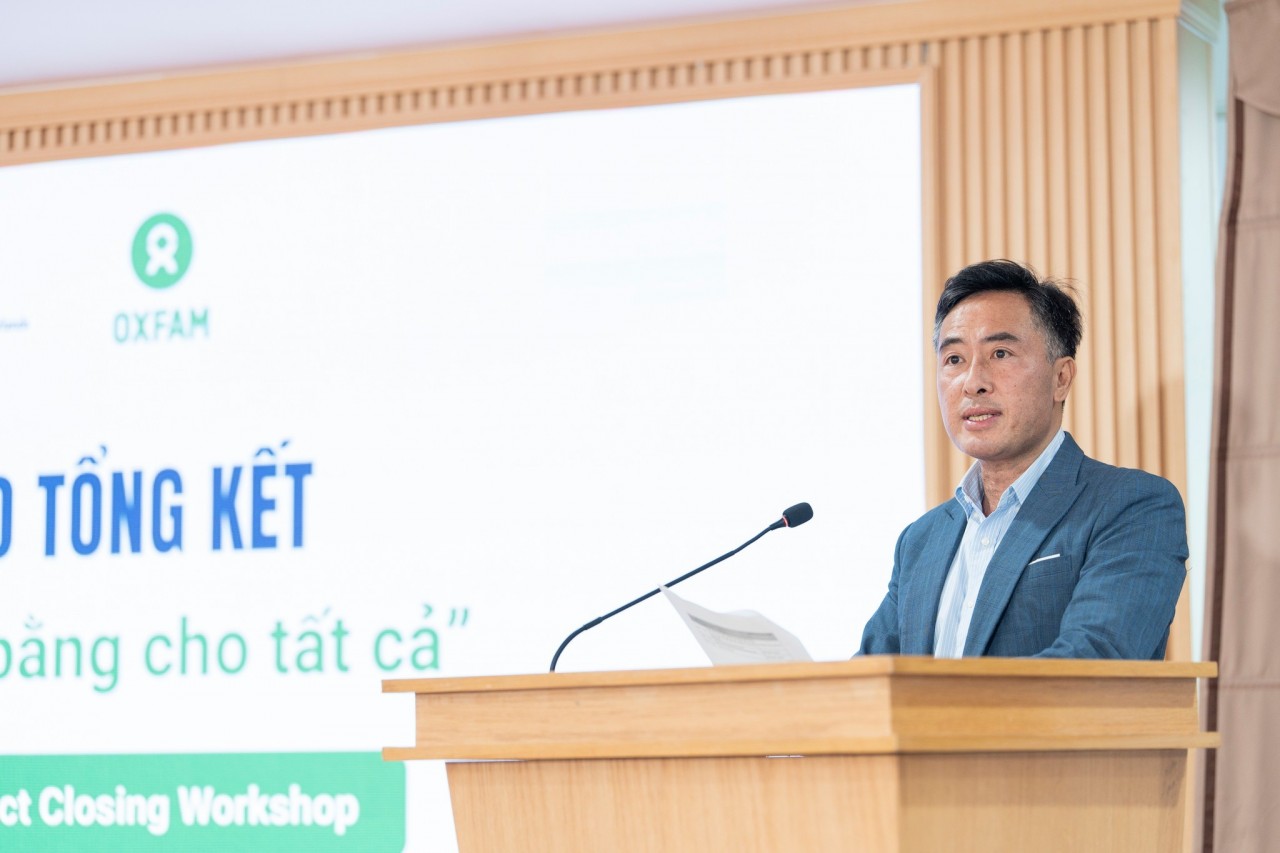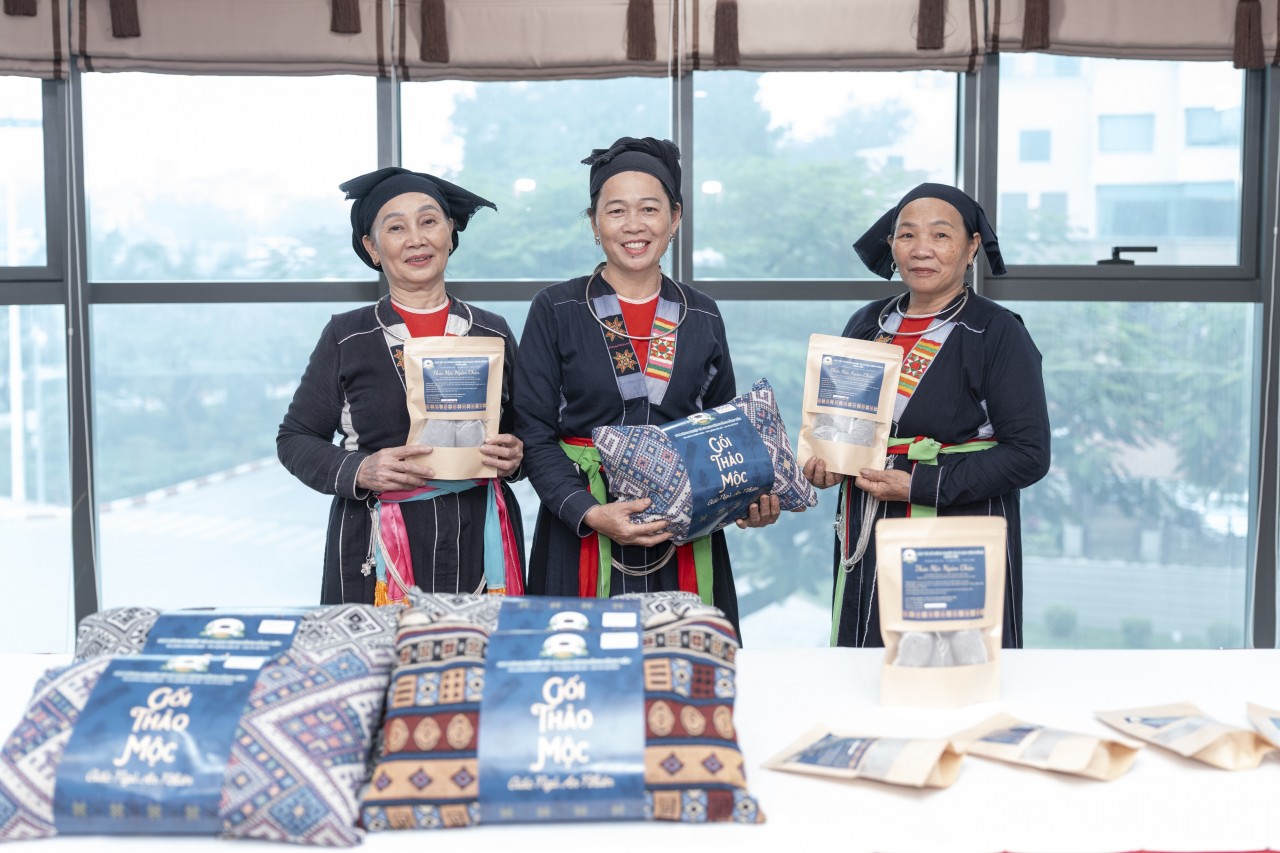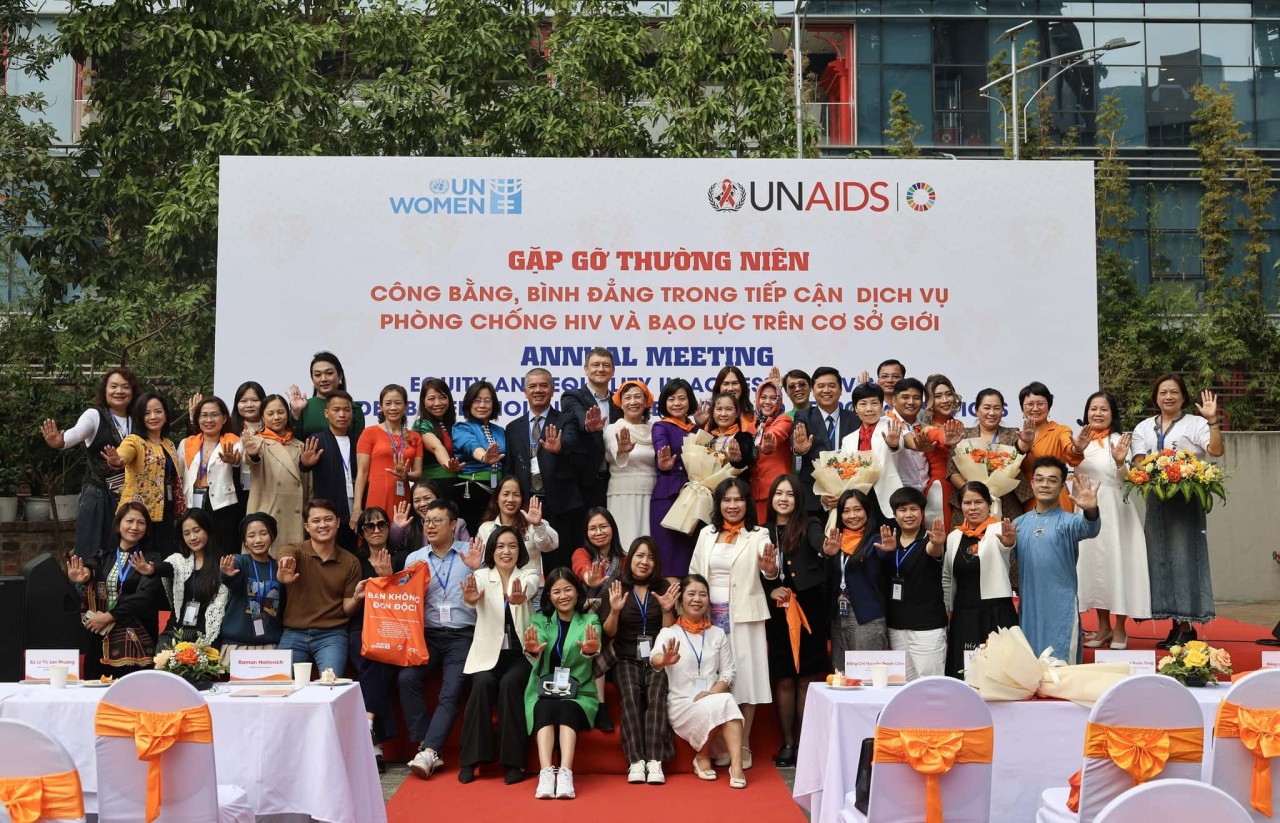Vietnam comes second within ASEAN on tackling inequality before COVID-19
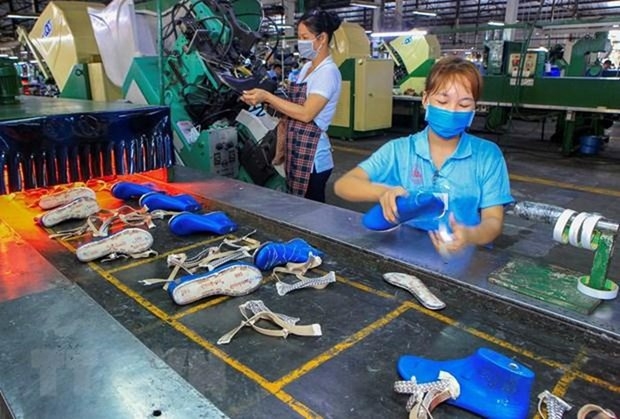 |
| Vietnam has done well on the Commitment to Reducing Inequality Index (CRII). Photo: VNA |
The index, released on October 8 by Oxfam International and the Development Finance International, ranks 158 governments on their policies on public services, tax and workers’ rights, three areas pivotal to reducing inequality and weathering the COVID-19 storm.
The analysis reveals that very low spending on public healthcare, weak social safety nets and poor labour rights meant the majority of the world’s countries were woefully ill-equipped to deal with COVID-19.
The CRII shows that only 26 out of 158 countries were spending the recommended 15 percent of their budgets on health prior to the pandemic, and in 103 countries at least one in three workers lacked basic labour rights and protections, like sick pay, when the virus struck.
The index highlights that no country in the world was doing enough to tackle inequality prior to the pandemic and while COVID-19 has been a wake-up call for some, many countries are still failing to act. This is helping to fuel the crisis and has increased the vulnerability of people living in poverty, especially women.
Women, who generally earn less, save less and hold insecure jobs, have been particularly hard hit by the lockdowns introduced in response to the pandemic while unpaid care work and gender-based violence have increased dramatically. Nearly half of the world’s countries do not have adequate legislation on sexual assault and 10 countries have no laws on equal pay or gender discrimination.
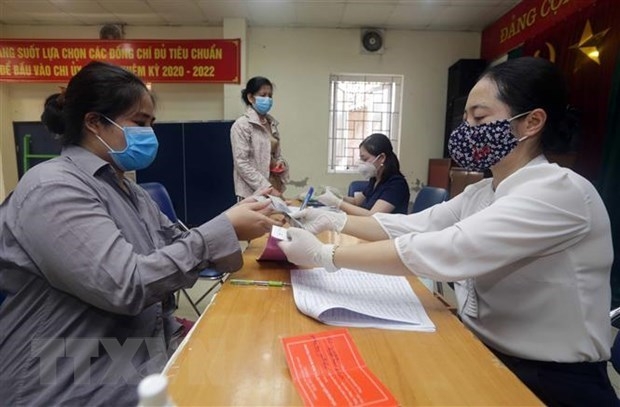 |
| A woman gets financial support from the Government's financial relief package aimed to help vulnerable people overcome difficulties caused by COVID-19. Photo: VNA |
Vietnam is to be congratulated on its recent progress in several areas of policy to fight inequality. Compared to other countries in ASEAN, Vietnam’s performance is better in terms of health and social protection spending, collecting high levels of tax, and promoting women’s labour rights, according to the report.
Since the 2018 CRI Index, Vietnam has increased its health spending, although it must do even more to reduce health inequalities and the significant amount ordinary people need to pay for the cost of healthcare.
Vietnam’s tax collection is strong, especially compared with other countries in the region, but it could still do more to eliminate tax incentives for corporations. Its score on labour rights remains low, but if it implements the recent welcome agreement to allow workers to form their own independent labour unions, this score will improve in future CRI Indexes. Vietnam’s response to the coronavirus pandemic has been among the best in the world.
It moved rapidly with containment; targeted testing, tracking and quarantine; and public communications. It also included measures to limit increases in poverty and inequality, a plan on providing financial relief of USD 2.7 billion for 20 million vulnerable people, and paying workers whose contracts were suspended a monthly allowance of VND 1.8 million (USD 77,82).
The government is also considering making reducing inequality a core part of its upcoming ten-year plan, which would be a very important and positive step.
Nevertheless, the findings also show the need to reinforce Vietnamese people-centred policies to fight inequality in the following ways: increasing the CIT rate and reducing corporate tax incentives; increasing spending for public services including education, health, and social protection; and increasing its minimum wage to a living wage, making progress towards universal social protection coverage and access, especially workers in informal and vulnerable employment.
It is also suggested to move ahead with its adoption of laws allowing independent workers’ representative organisations in accordance with International Labour Organization (ILO) conventions and creating an enabling institutional environment for fairer public policy, with citizens and civil society empowered to participate and provide feedback; and monitor and reduce inequality as part of poverty reduction./.
 | Unbalanced sex ratio: 40,800 female births estimated to be missing every year 40,800 FEMALE BIRTHS are estimated to be missing every year in Vietnam, as shown in the unbalanced Sex Ratio at Birth (SRB), according to the ... |
 | 2,000 richest people hold more than poorest 4.6 billion The world's richest 2,153 people controlled more money than the poorest 4.6 billion combined in 2019, Oxfam said on Monday (Jan 20). |
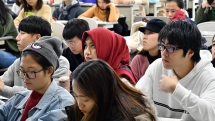 | Workplace inequality is not expected to be erased until the year 2276: WEF’s Report While women appear to be gradually closing the gender gap in areas like politics, health and education, workplace inequality is not expected to be erased ... |
Recommended
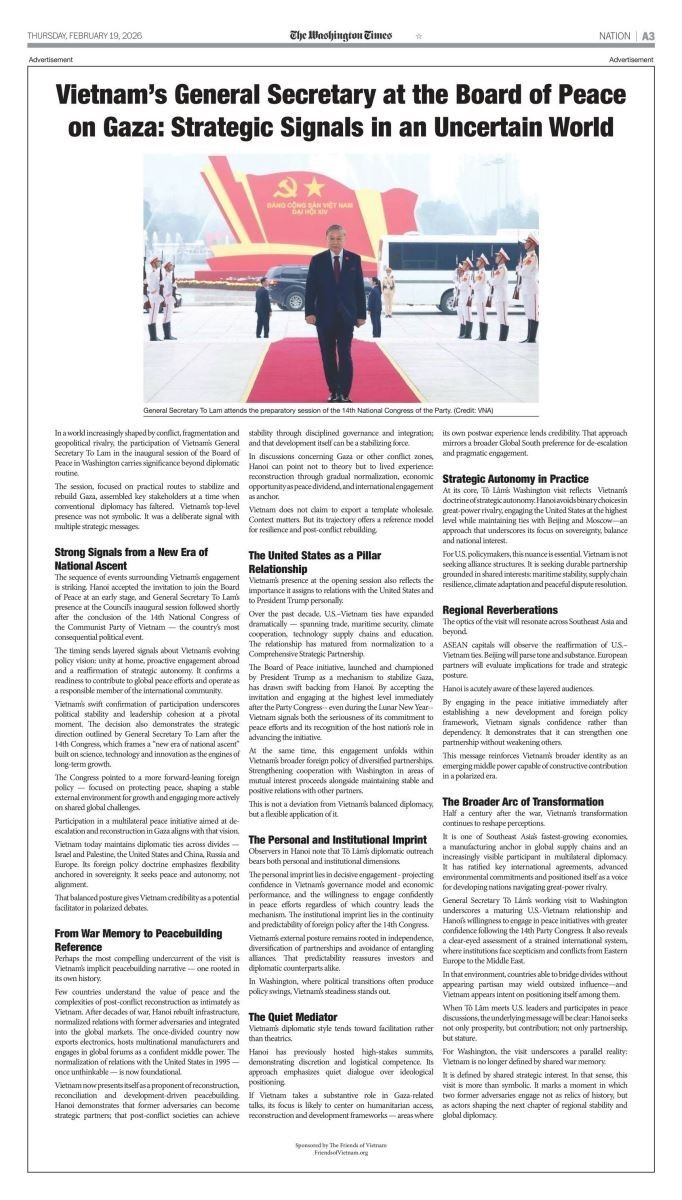 World
World
US Media Commend Vietnam’s Role in Global Peace Efforts
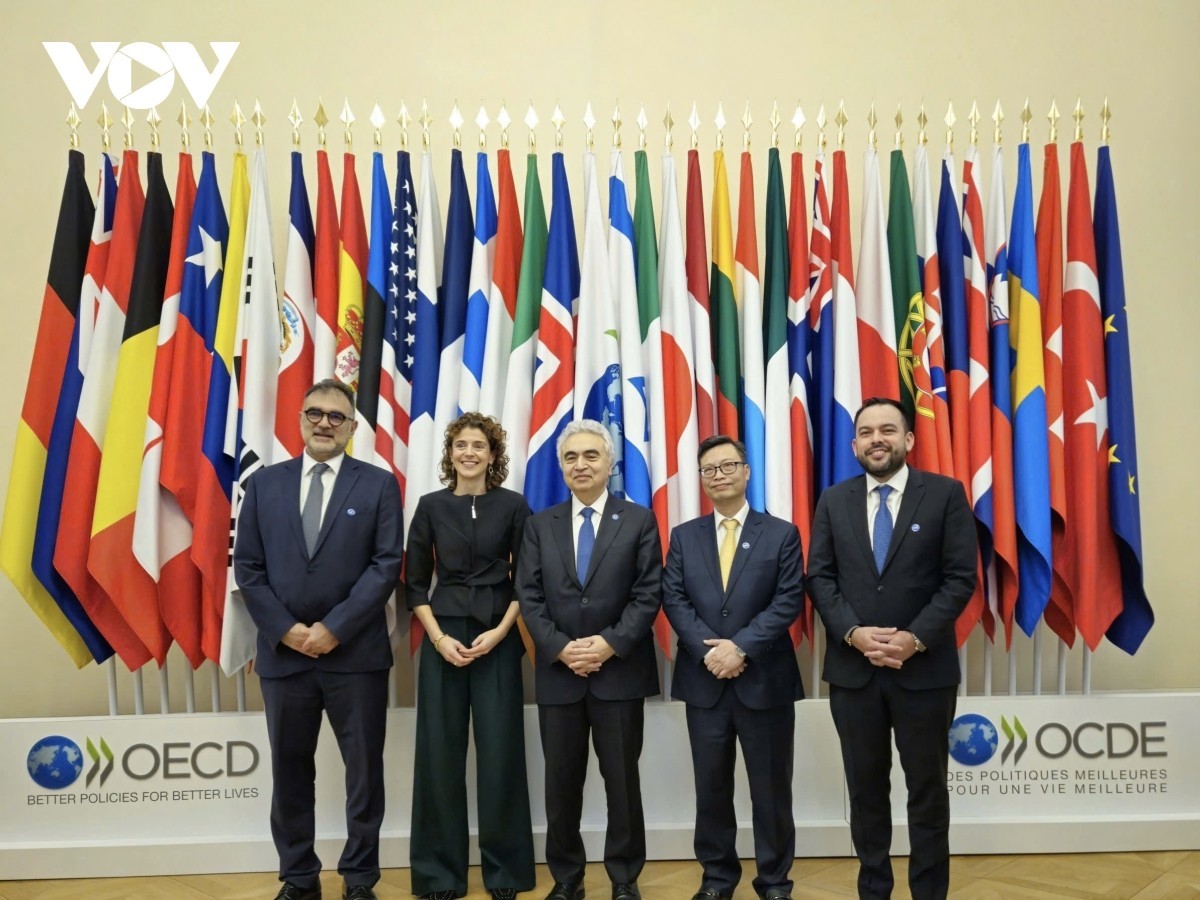 World
World
Vietnam Officially Becomes Association Country of International Energy Agency (IEA)
 World
World
Key pacts signed as PM Modi hosts France's Macron for plane cooperation
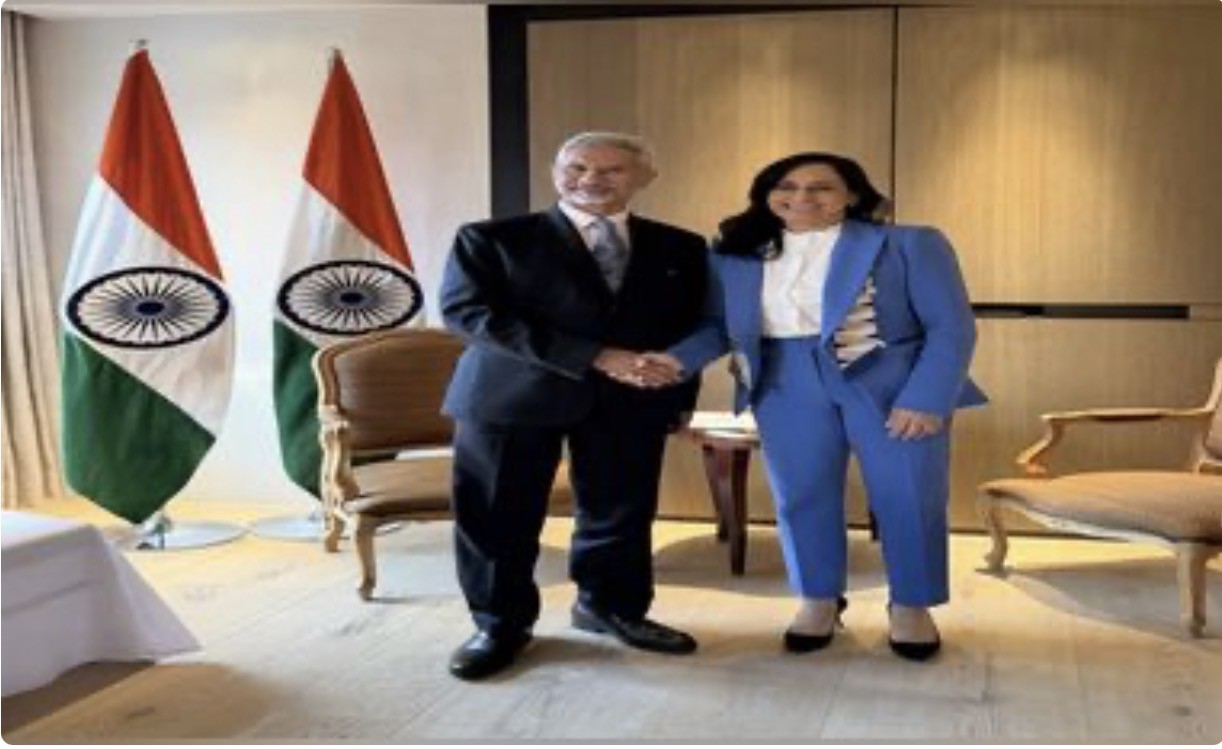 World
World
India, Canada commit to strengthening bilateral ties, discuss trade
Popular article
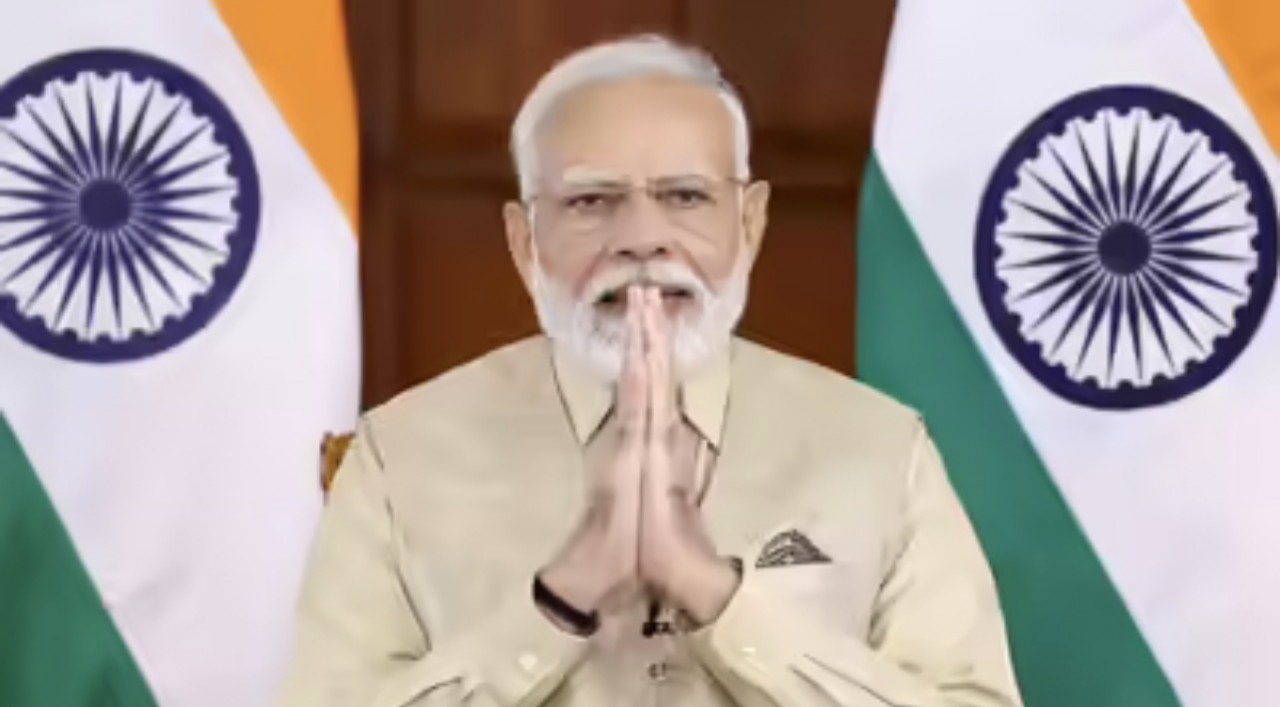 World
World
AI Summit India 2026 Live Updates: ‘Bringing the world together,’ PM Modi welcomes leaders as India hosts AI summit
 World
World
Safran ready to open India engine production in Rafale deal
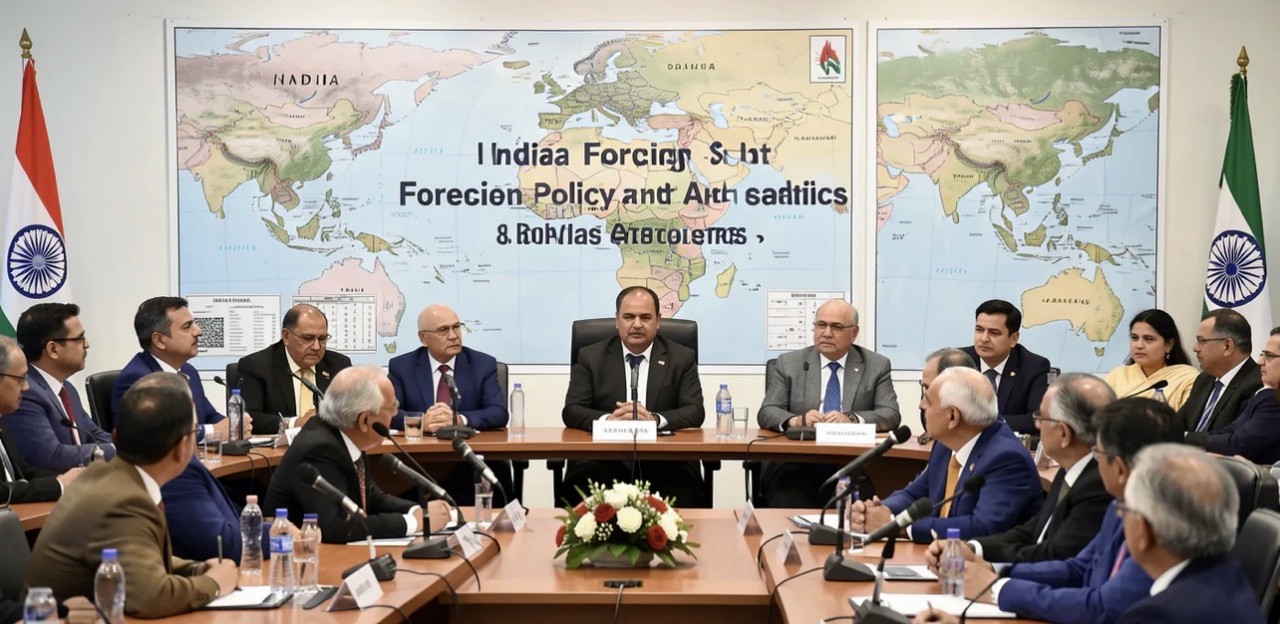 World
World
Nepal interim PM Sushila Karki thanks India for March support
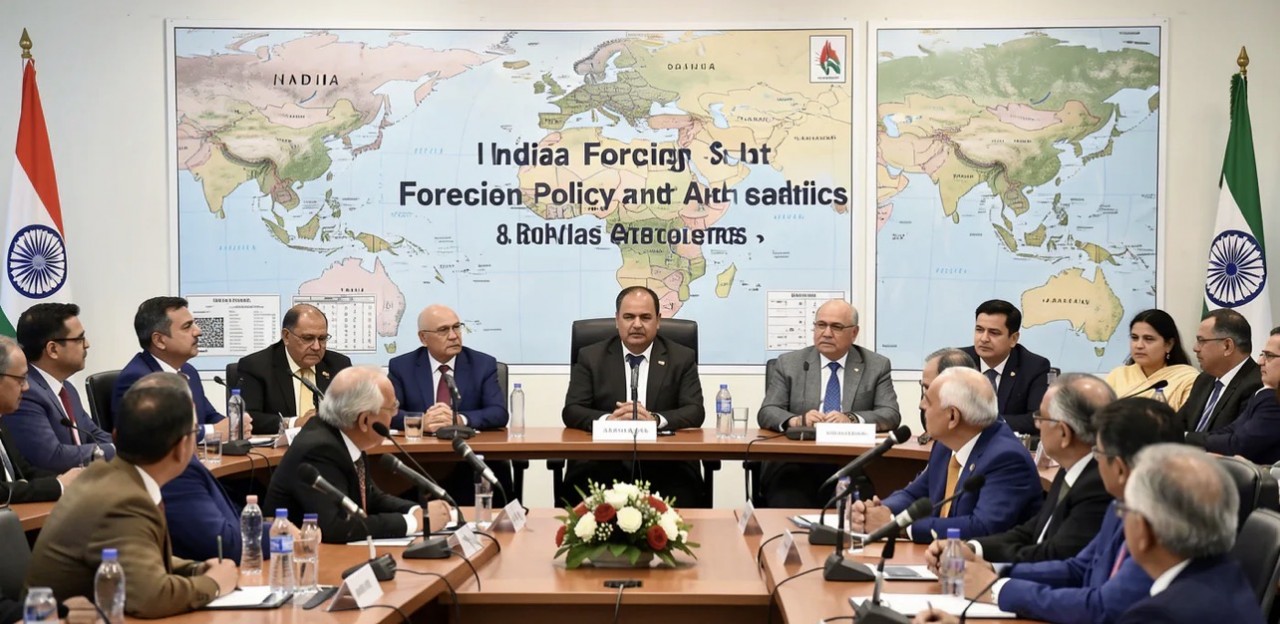 World
World

